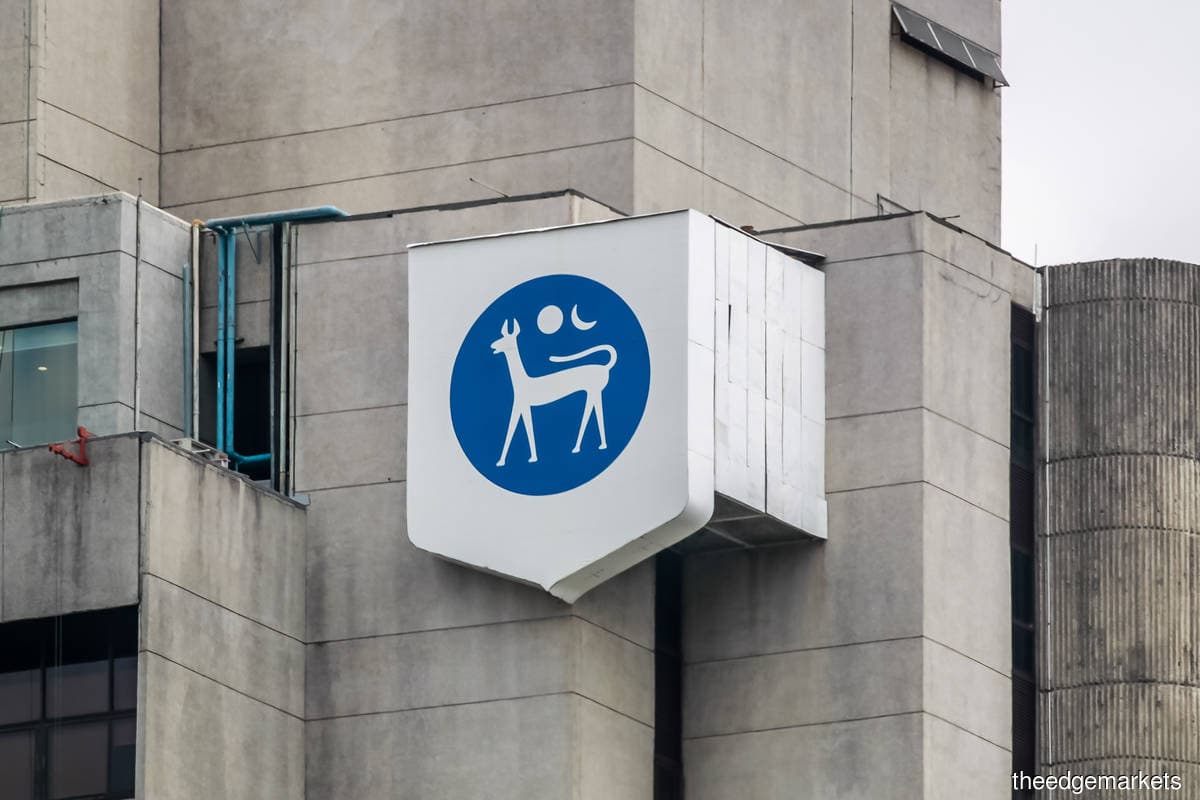
KUALA LUMPUR (Sept 27): Bank Negara Malaysia (BNM) and the Monetary Authority of Singapore (MAS) will commence a phased linkage of Malaysia’s DuitNow and Singapore’s PayNow real-time payment systems, which will allow customers of participating financial institutions to make real-time fund transfers between Malaysia and Singapore using just a mobile number from the fourth quarter of 2022 (4Q22).
"Customers will also be able to make retail payments by scanning DuitNow or NETS QR codes displayed at merchants’ storefronts," the two regulators said in a joint statement on Monday.
BNM and the MAS said the project will enable more seamless payments for a high volume of remittances between Malaysia and Singapore, which reached RM4.2 billion in 2020. It will also cater to travellers between the two countries, which saw sizeable pre-pandemic traffic of about 12 million arrivals yearly on average.
Following the launch of Phase 1 of the DuitNow-PayNow linkage, BNM and the MAS will progressively expand it to incorporate a wider range of features and participants.
Both regulators will also explore the feasibility of integrating innovative features, such as distributed ledger technology-based solutions to catalyse greater efficiencies in payment clearing and settlement between participating banks.
“By bringing the efficiencies observed in domestic payments to cross-border payments, the DuitNow-PayNow linkage will be a game changer resulting in faster, cheaper and more accessible payment services for the people of both countries. Not only would this initiative further strengthen the economic ties between Malaysia and Singapore, it would also serve as a key enabler to support post-pandemic economic growth,” BNM assistant governor Fraziali Ismail said.
MAS chief fintech officer Sopnendu Mohanty said for Singapore, the remittance corridor with Malaysia is Singapore's largest remittance corridor. "Hence, the DuitNow-PayNow linkage will be an important infrastructure to support cross-border payment needs of individuals and businesses, as well as growing digital economic activity between the two countries. This will further enhance [our] close bilateral ties.”